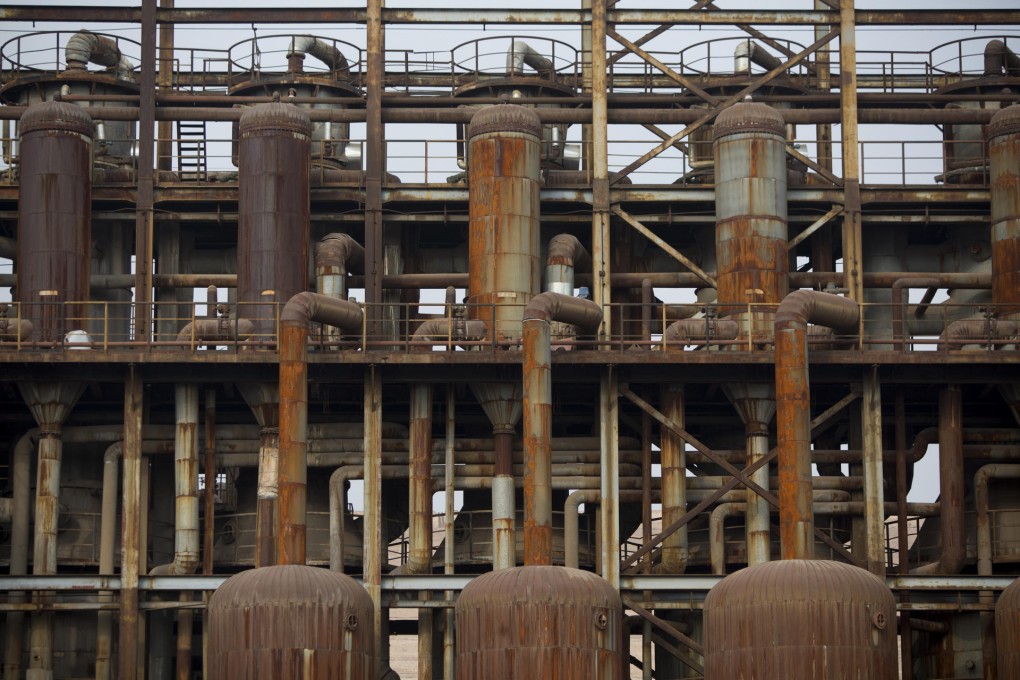Probe of Chalco executive signals more reckoning for China's SOEs
Investigation of Chalco executive signals more corruption probes of SOEs, but it's still unclear whether party has will to break up monopolies

A series of investigations involving executives of major state-owned enterprises underscores Beijing's seriousness in cracking down on corruption and tackling vested interests.
The Aluminum Corporation of China (Chalco) became the latest state-owned giant to see a senior executive face the graft-fighters, following investigations into officials at companies including China National Petroleum Corporation (CNPC) and the nation's largest container shipping line, the China Ocean Shipping Company (Cosco).
It's likely that some of the crackdowns were derived primarily for political ... purposes
Chalco, the country's largest smelter of the lightweight metal, issued a brief statement last Wednesday saying that vice-president Li Dongguang - also the general manager of Chalco Aluminium International Trading - was being investigated due to "personal reasons". His resignation would have no major impact on the company's daily operations, Chalco said.
State-owned giants have over the past decade made huge profits from their monopolies over resources, ranging from credit to land. The system puts private enterprises at a competitive disadvantage and helps stir unrest.
Analysts say President Xi Jinping and other top leaders were likely to tackle more graft cases in SOEs as reforms ventured further. The Communist Party concluded an agenda-setting meeting two weeks ago, pledging to let the markets play a "decisive" role in the economy, while still ensuring a central place for SOEs.
"The leaders have shown a determination to boost the healthy development of the state sector through economic measures aimed at improving corporate governance at SOEs, as well as [taking] legal steps to crack down on corruption," said Hu Xingdou, a professor of economics at the Beijing Institute of Technology.